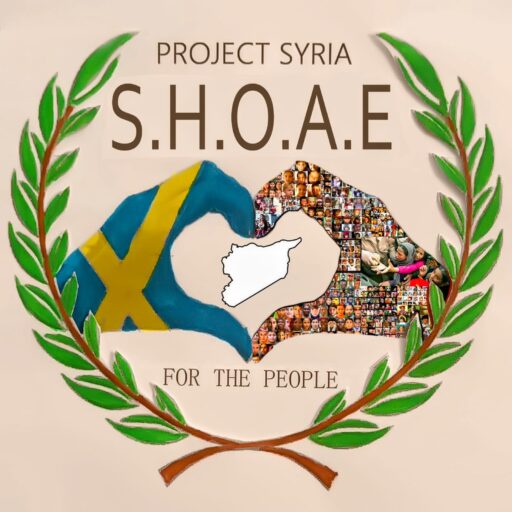
Principles and Values
SHOAE adheres to the following principles and values:
– Commitment to International Standards: Upholds international humanitarian treaties, conventions, and human rights laws.
– Neutrality: Does not discriminate based on religion, sect, race, or gender.
– Transparency: Ensures clarity in all operations and activities.
– Integrity: Maintains honesty in dealings with the local community.
– Non-Discrimination: Prohibits discrimination based on race, gender, language, religion, beliefs, political opinions, or any other criteria.
– Gender Balance: Promotes gender equality in its operations.
– Responsibility: Encourages employees and volunteers to act responsibly and take ownership of their actions.
Objectives
SHOAE’s objectives are as follows:
– Empower women and young girls by developing their talents and enhancing their participation in society.
– Promote social awareness, especially in areas concerning women’s and children’s welfare.
– Create livelihood opportunities, improve per capita income, and enhance economic stability.
– Support and implement environmental projects, promote awareness about their importance, and collaborate with relevant organizations.
– Establish child-friendly spaces and foster the development of children’s skills and talents.
– Promote rural community development, support agricultural initiatives, and contribute to societal stability through economic services.
– Rebuild environmental and societal awareness through well-organized, youth-led projects targeting local communities.
Means of Achieving Objectives
SHOAE employs the following methods to achieve its objectives:
– Engaging with government agencies and local and international civil society organizations in Sweden, the European Union, and beyond.
– Training local community members to sustainably manage self-implemented projects under the organization’s supervision.
– Collaborating with local economic institutions to provide humanitarian and development services.
– Partnering with volunteer youth teams in local communities to train and support project implementation.
– Cooperating with government agencies and local communities to deliver sustainable services and projects.
– Providing training and professional development services for young community members in collaboration with national and international institutions.
– Organizing seminars, workshops, and conferences.
– Hosting events and activities targeted toward community development.
– Utilizing media platforms to promote humanitarian work and create awareness about organizational activities.